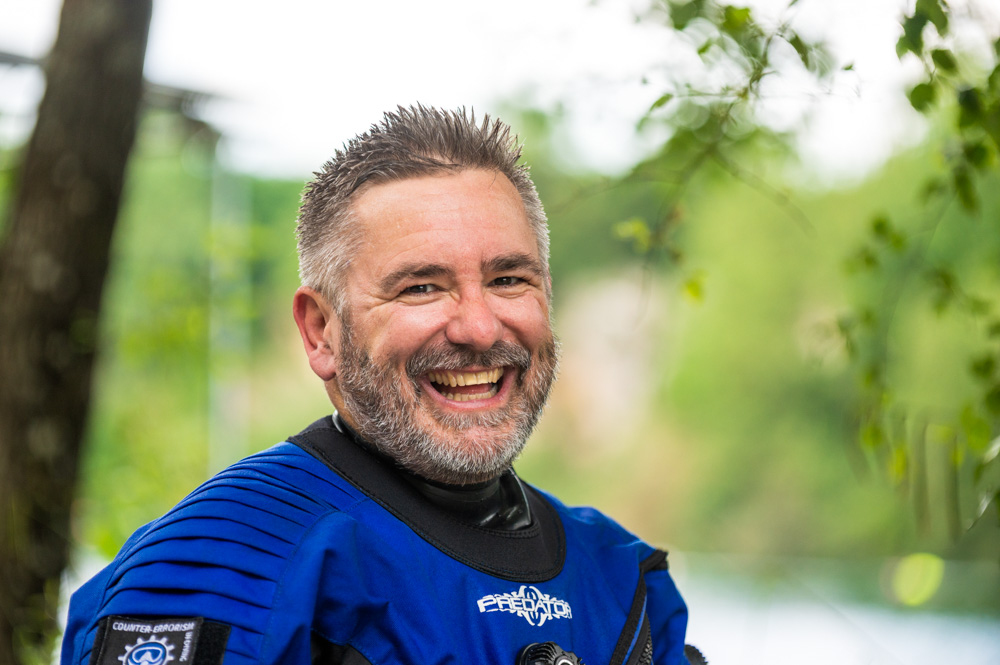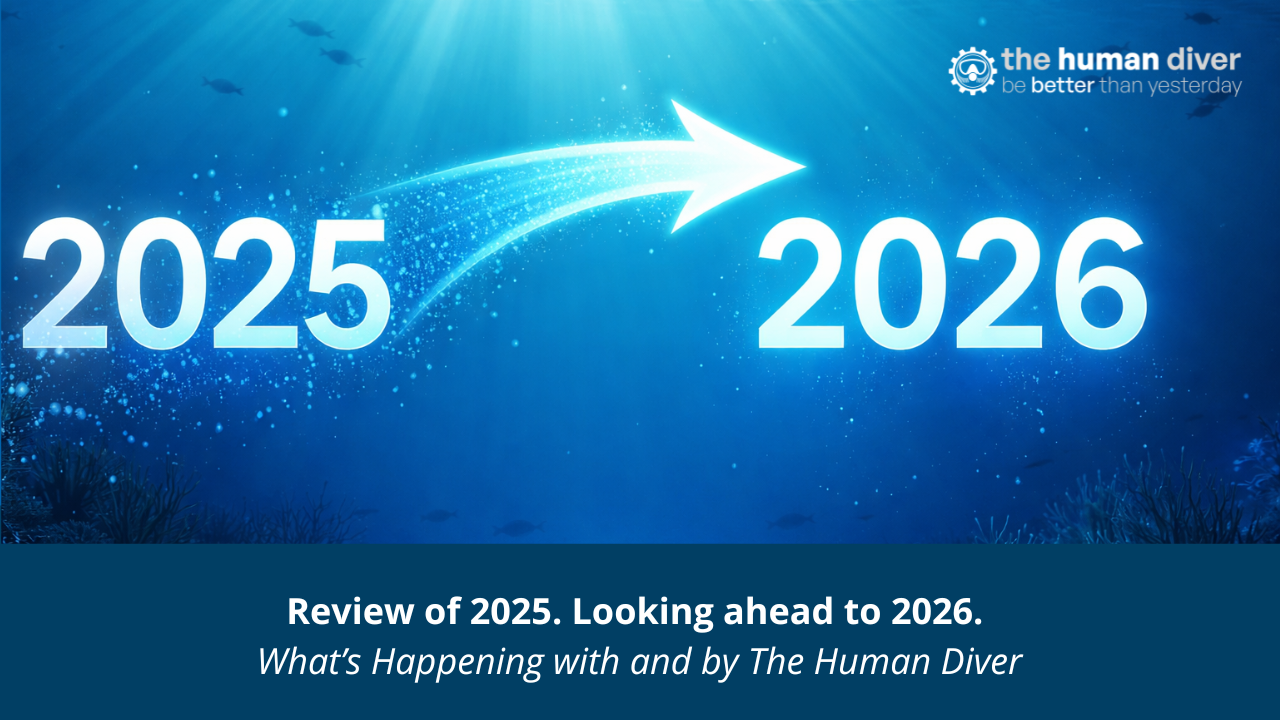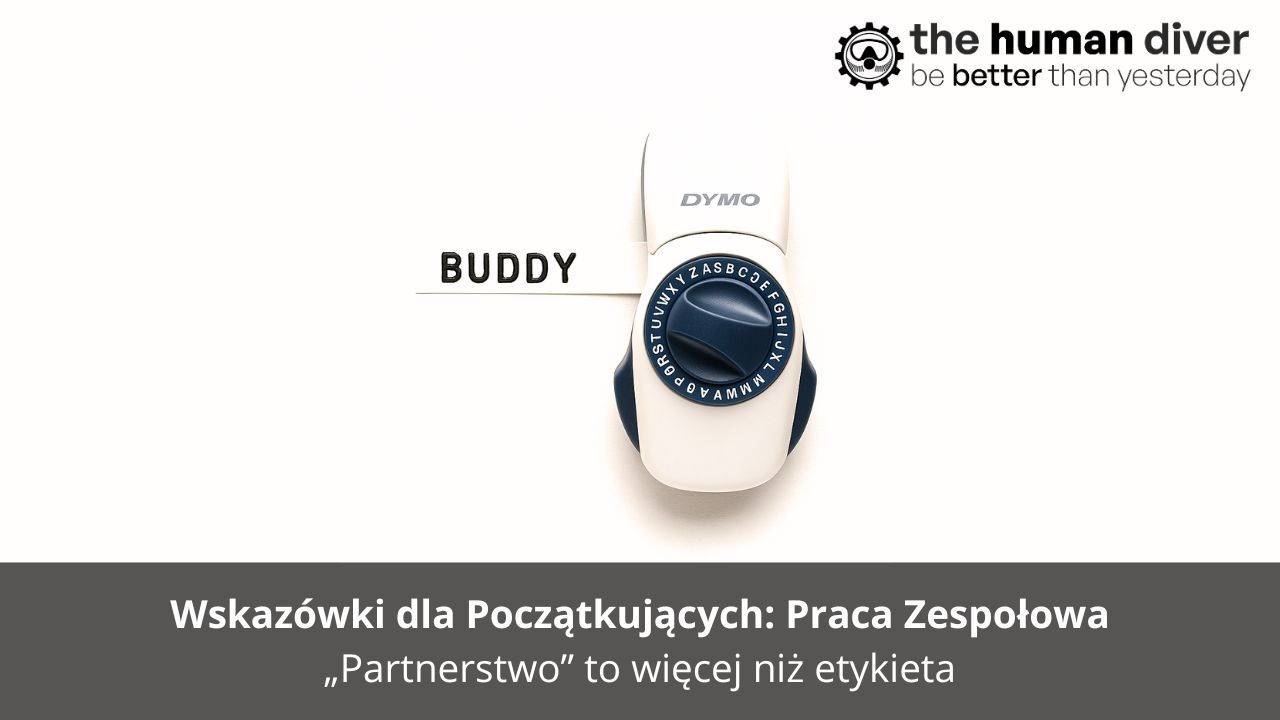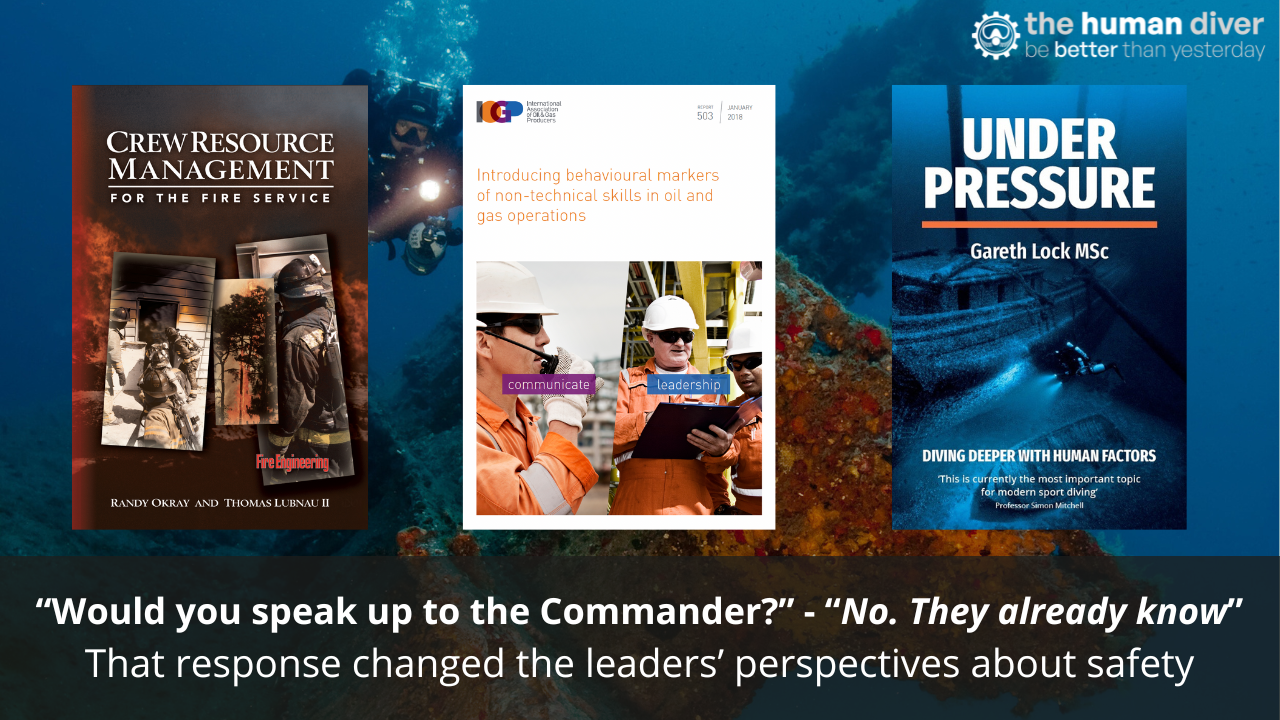
They should have lined in. I would have done that.
Jul 09, 2023"Two divers entered a wreck without laying a line. They entered a room, and due to some ineffective finning techniques and poor trim, along with percolation from the ceiling of the room, the room silted out quickly and they spent the next 10 mins in a panic trying to find their way out. Eventually, they did find the entrance/exit to the room, exit the wreck, and were able to tell their story."
If they posted this account online, how long would it be before the responses would start along the following responses?
- They should have lined in.
- I would have lined in because I never enter a wreck without laying a line.
- They could have undertaken wreck penetration training.
- They should have improved their finning techniques.
- They should have recognised that the room would silt out and percolation would drop.
- They should have paid more attention.
- They failed to notice the situation deteriorating.
- They lacked situation awareness.
Think about the last time someone posted a story that had the potential for others to learn from, and how long it took before these sorts of responses started to arrive. It is normal human nature to do so because we suffer from a number of biases that prevent us from learning about an event. We also do it because we often lack the ability to understand the local rationality of those involved – how did it make sense for them to do what they did?

The terms ‘could have’, ‘should have’, ‘would have’, ‘failed to’ or ‘lost situation awareness’ are all versions of the collective term retrospective counterfactuals. This means we look back and apply these phrases, we tell a story that didn’t exist. We know they should have improved their finning technique because it led to the silt out. We know they should have lined in, because this would have allowed them to more easily find a way out (Note, this is only true as long as they were practised in blind-exit drills, because they may have lined in, but then got entangled or snapped the line if they weren’t skilled and so ‘should have laid the line more effectively – another counterfactual!). We say they should have 'zigged' when they should have 'zagged' - we have a finite number of choices when we undertake an activity, and we choose those which we think are most relevant or likely based on previous experiences and mental models.
The power of hindsight allows us to join the dots working backwards to determine a causal or event chain even though it would not have been obviously apparent (or credible) beforehand. The hindsight bias (which is different to hindsight) is the difference in weighting we apply to risk factors or credibility of failure/success once we know the outcome (we think it is more likely after the event than before).

Retrospective counterfactuals don’t help learning because we think outcomes were obvious to those present at the time. When people apply counterfactuals, they often apply their own knowledge which may be or is likely to be, different to those who were involved at the time. One of the easiest ways to move past the application of retrospective counterfactuals is to put yourself in the shoes/fins of those involved at the time.
- Consider THEIR knowledge.
- Consider THEIR skills.
- Consider THEIR goals.
- Consider THEIR drivers/motivation.
- Consider THEIR peer interactions.
- Consider THEIR social situation.
- Do not apply your version of these factors to THEIR decision-making.
This is the basis of understanding the local rationality of those involved. How did it make sense for the other divers to do what they did? This is not easy, but if we are to learn from a positive or adverse event, we have to consider the perspective of those involved to understand how they made sense of the situation at the time (not afterwards, which is our perspective).
Going back to the questions above, consider the following perspectives.
- They should have lined in. How many basic wreck courses teach divers how to lay line properly so that they can do a blind exit? How many instructors can teach this effectively? How many divers carry a reel which is suitable for laying line as opposed to putting up a dSMB? Was this a planned penetration or an opportunity? In this case, did the divers know how to penetrate a wreck and lay line?
- I would have lined in… Do you honestly line in on EVERY wreck penetration? What about a swim-through rather than an out-and-back? Most of my wreck penetrations haven’t had line laid. The only time I remember doing it was to explore an engine room of a Landing Ship Tank (LST) in the English Channel where we knew it would silt out within a couple of minutes of being there. It did, and we had to follow the line back out with almost zero visibility.

- They could have taken more training. Divers don’t necessarily undertake continuation training unless there is a specific obligation to do so e.g., they are doing a trip that requires a specific depth, equipment, or configuration requirement. Advanced wreck courses are not simple activities, they cost money and time, something most divers are short of. Did the divers know about advanced wreck courses? Did they have the core skills needed to start such a course?
- Could have improved their finning techniques. Has anyone provided feedback on this? If they are diving predominately in the open water environment, if you stir up the silt, so what, the current will normally take it away. ‘Fundamentals’ type courses are normally undertaken by those who want to improve and are self-reflective in their approach to diving. They cost money and time, but don’t extend diver’s certification limits in terms of depth or time. Had these divers known about such courses?
- Percolation causing silt out situation. Do you know what percolation is? Did they? If they’ve never been in a room that has percolation (silt, rust particles) drop from the ceiling, how would they know this would happen here? Same for silting out when penetrating a wreck. You perceive that something is more likely or a credible risk to you when you’ve encountered it personally in the past. Reading about something doesn’t have as much significance if it doesn’t have emotional salience or relevance. Have they ever heard about percolation, silting out, or other similar problems?
- They should have paid more attention. We have a limited attention span. We can’t pay more attention, but we can increase the focus on more important or relevant factors by briefing and debriefing. Briefing to set us up for success, debriefing to learn from previous dives. Was there a dive brief? Did they know about this room in the wreck from the dive brief? Has anyone taught them how to debrief a dive so that more effective learning happens?
- Failed to notice the situation deteriorating. Same as above. How do you know to look for something, and how do you make an educated guess as to what the future looks like?
- They lacked situation awareness. They didn’t lack it - it would have been pointing somewhere. What was perceived to be important to the divers and where was the focus pointing and why?

Summary
Counterfactuals are really common because we have a perception that those involved would know about the issues at the time, and have ‘just’ chosen to do something differently, a different path that ends up with an adverse outcome.
To see how prevalent this is, listen to conversations about things that have gone wrong. Can you spot how many ‘should have’, ‘could have’, ‘would have’, or ‘failed to’ are spoken? This week I was facilitating some training and the team was reviewing an incident report. The conversations were full of counterfactuals and they didn’t realise they were doing it. Unfortunately, many people learn how to understand incidents and accidents from the media, and the media makes use of retrospective counterfactuals all the time. Just look at these two new reports which were published on 7 July which looked at the horrendous loss of life in Balasore, India on 2 June following a massive train crash.
How many counterfactuals did you see?
The easiest way to push retrospective counterfactuals to the side is to ask the simple question, “How did it make sense to do what they did?” Suspend your judgement and put yourself in their heads WITHOUT your knowledge of the situation and how you would have solved the problem if you were them. Not easy, but then learning from adverse events is not easy, because it involves change, and we don’t like to change…

Gareth Lock is the owner of The Human Diver, a niche company focused on educating and developing divers, instructors and related teams to be high-performing. If you'd like to deepen your diving experience, consider taking the online introduction course which will change your attitude towards diving because safety is your perception, visit the website.
Want to learn more about this article or have questions? Contact us.










